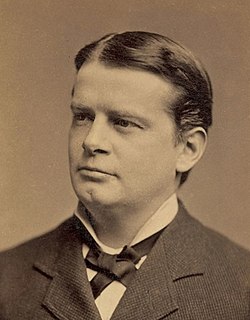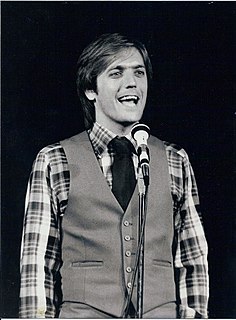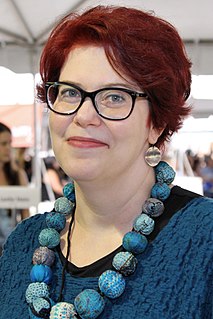A Quote by Edmund Burke
I have been told by an eminent bookseller, that in no branch of his business , after tracts of popular devotion, were so many books as those on the law exported to the Plantations .
Related Quotes
There were others, women with stories that were told in a quieter voice: women who hid Jewish children in their homes, putting themselves directly in harm's way to save others. Too many of them paid a terrible, unimaginable price for their heroism. And like so many women in wartime, they were largely forgotten after the war's end.There were no parades for them, very few medals, and almost no mention in the history books.
The current publishing scene is extremely good for the big, popular books. They sell them brilliantly, market them and all that. It is not good for the little books. And really valuable books have been allowed to go out of print. In the old days, the publishers knew that these difficult books, the books that appeal only to a minority, were very productive in the long run. Because they're probably the books that will be read in the next generation.
The worst was relizing that I’d lost him for nothing because he’d been rght about all of it-- vampires, my parents, everything. He’d told me my parents lied. I yelled at him for it. He forgave me. He told me vampires were killers. I told him they weren’t, even after one stalked Raquel. He told me Charity was dangerous. I didn’t listen, and she killed Courtney. He told me vampires were treacherous, and did I get the message? Not until my illusions had been destroyed by my parents’ confession.
His books were part of him. Each year of his life, it seemed, his books became more and more a part of him. This room, thirty by twenty feet, and the walls of shelves filled with books, had for him the murmuring of many voices. In the books of Herodotus, Tacitus, Rabelais, Thomas Browne, John Milton, and scores of others, he had found men of face and voice more real to him than many a man he had met for a smoke and a talk.











































